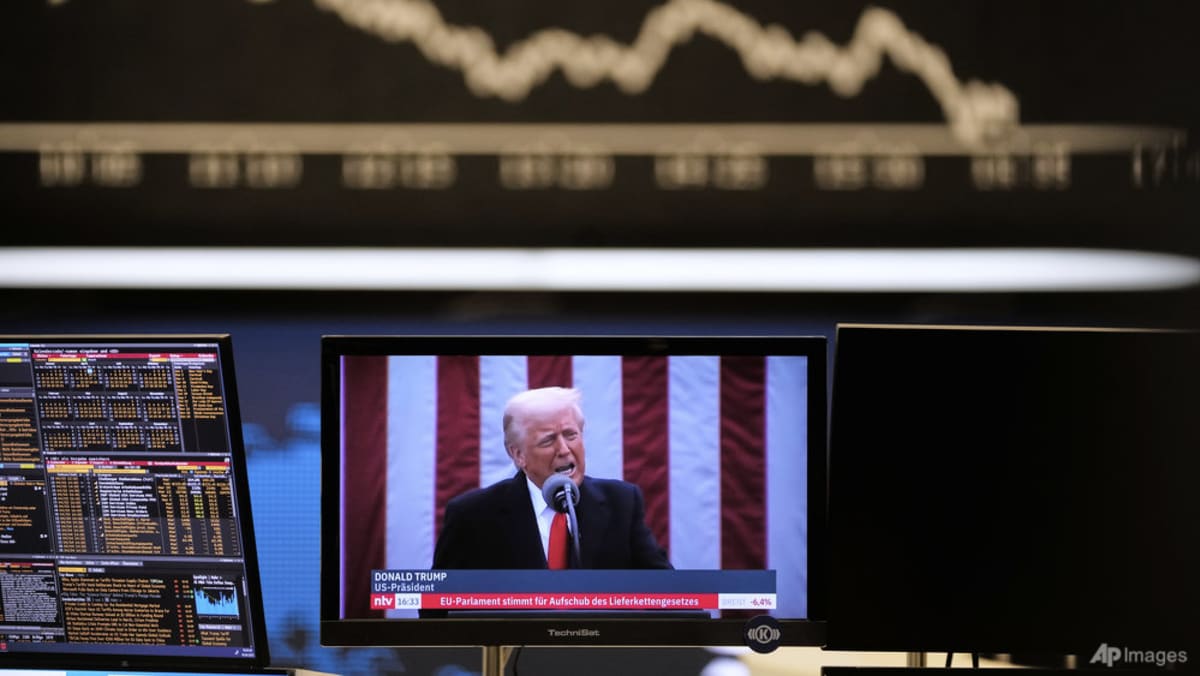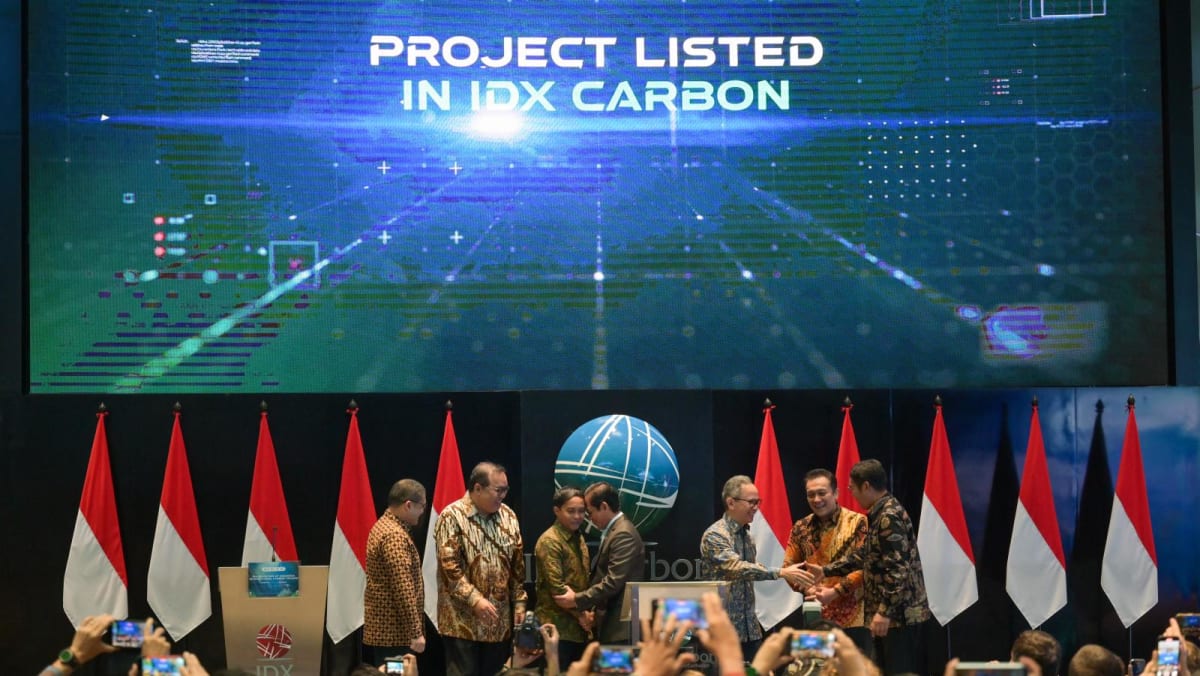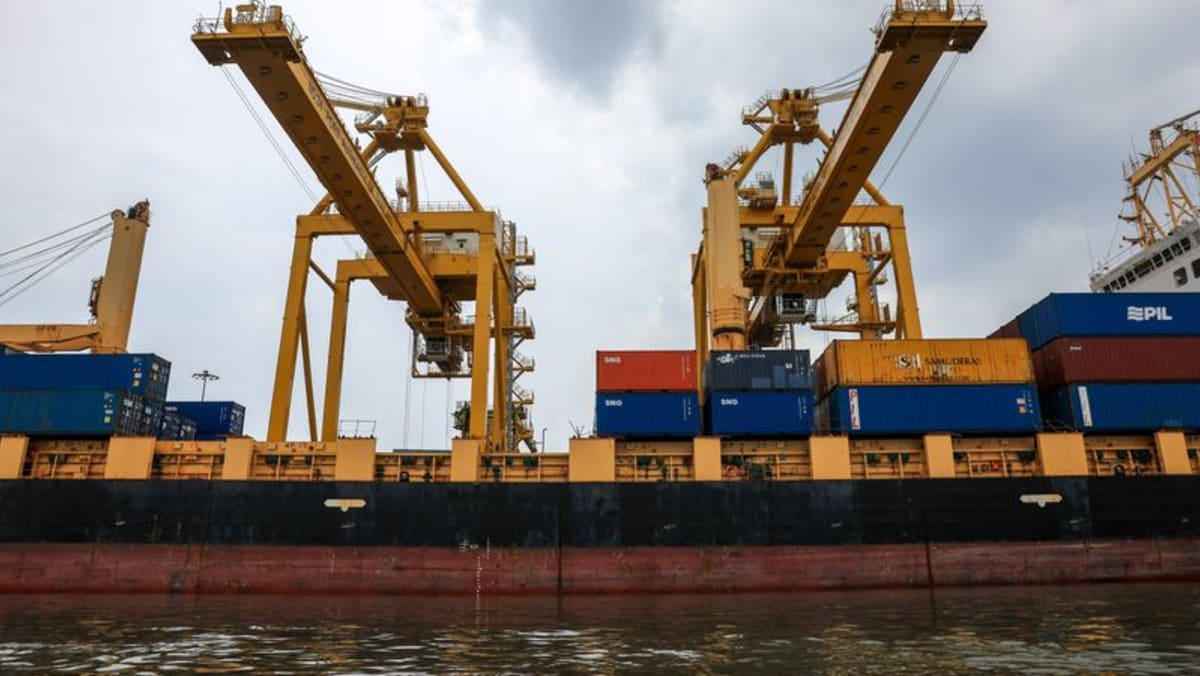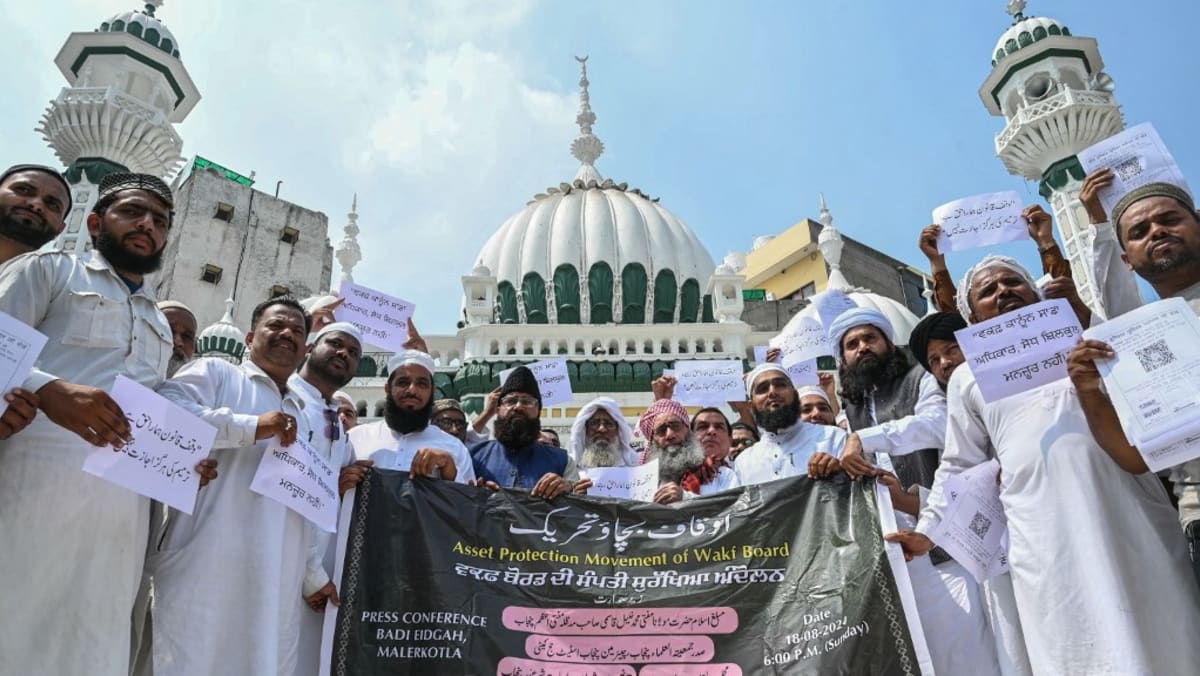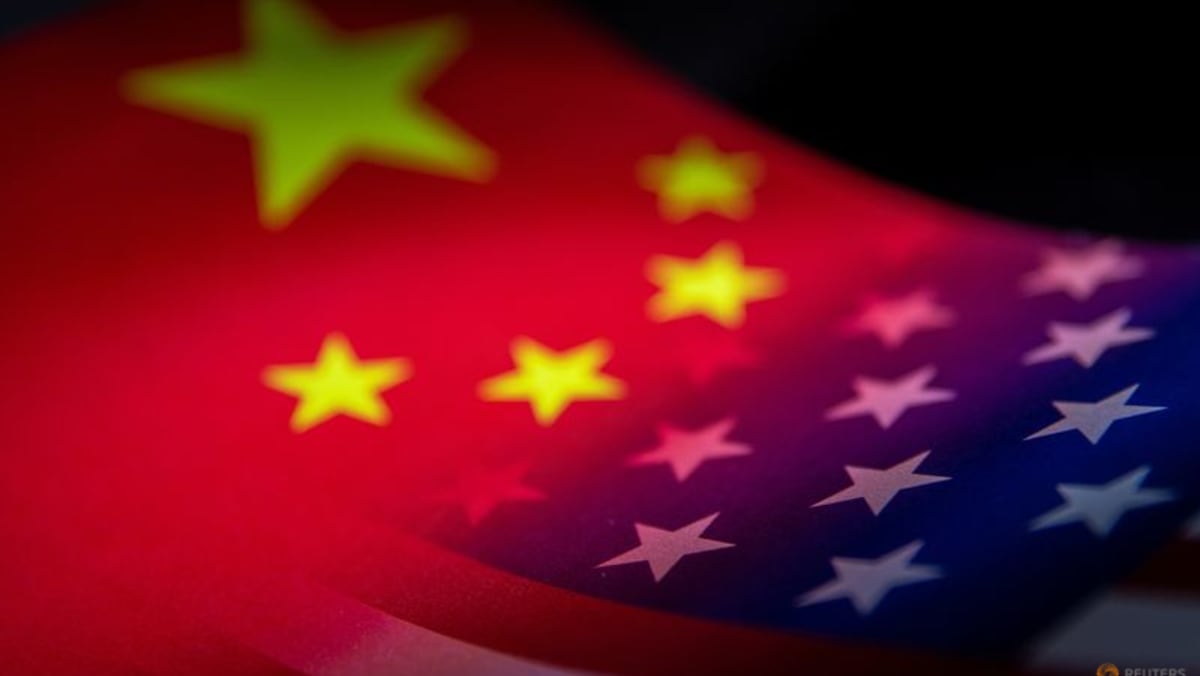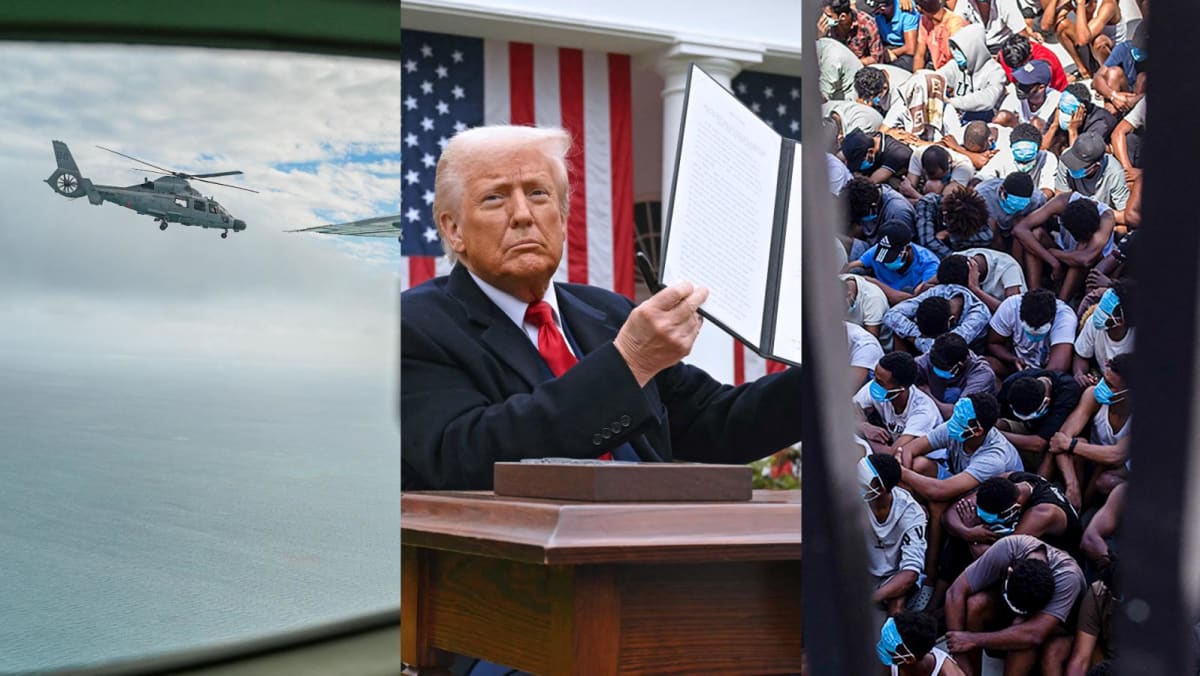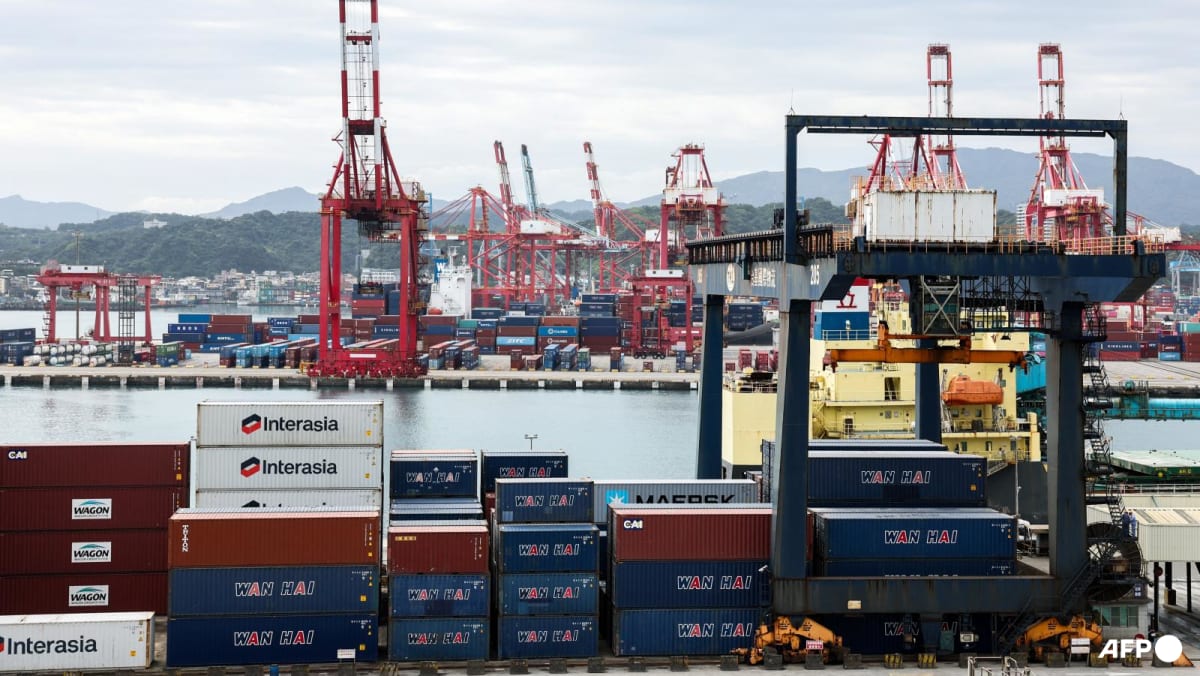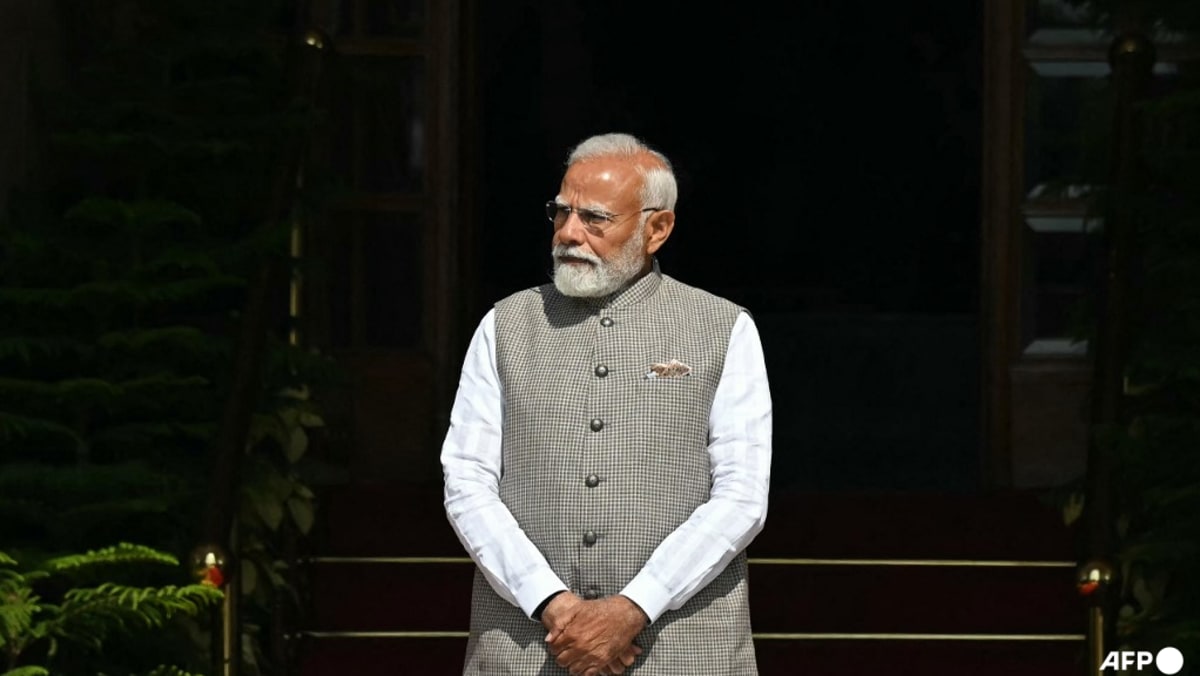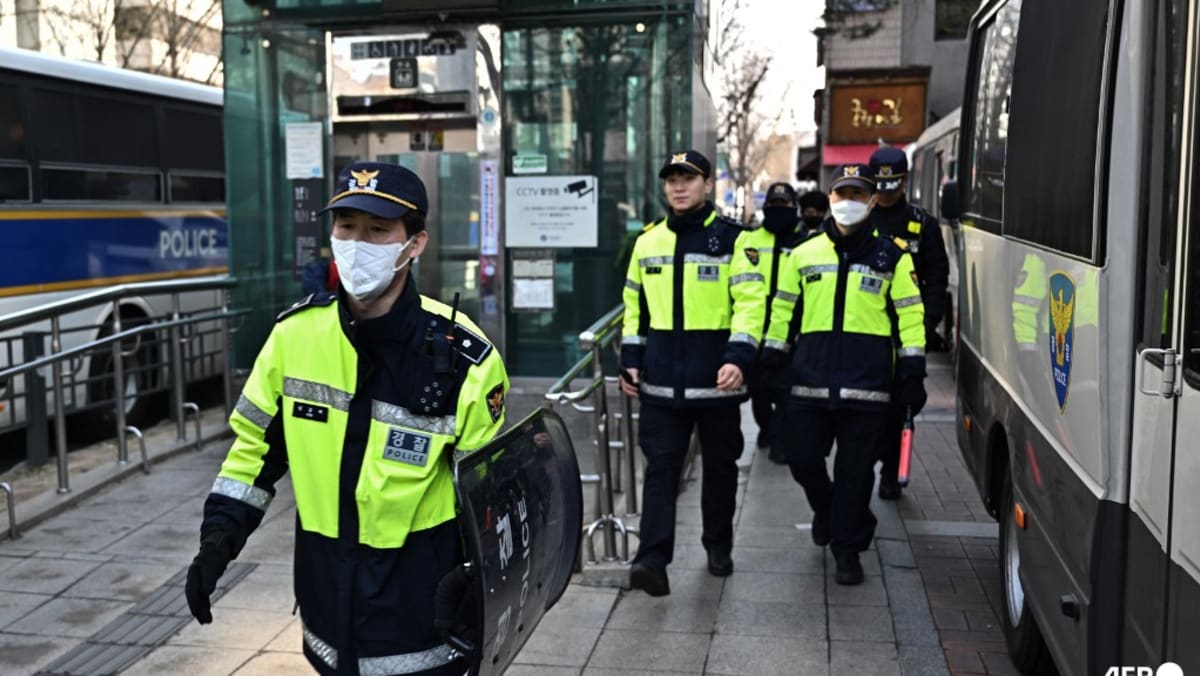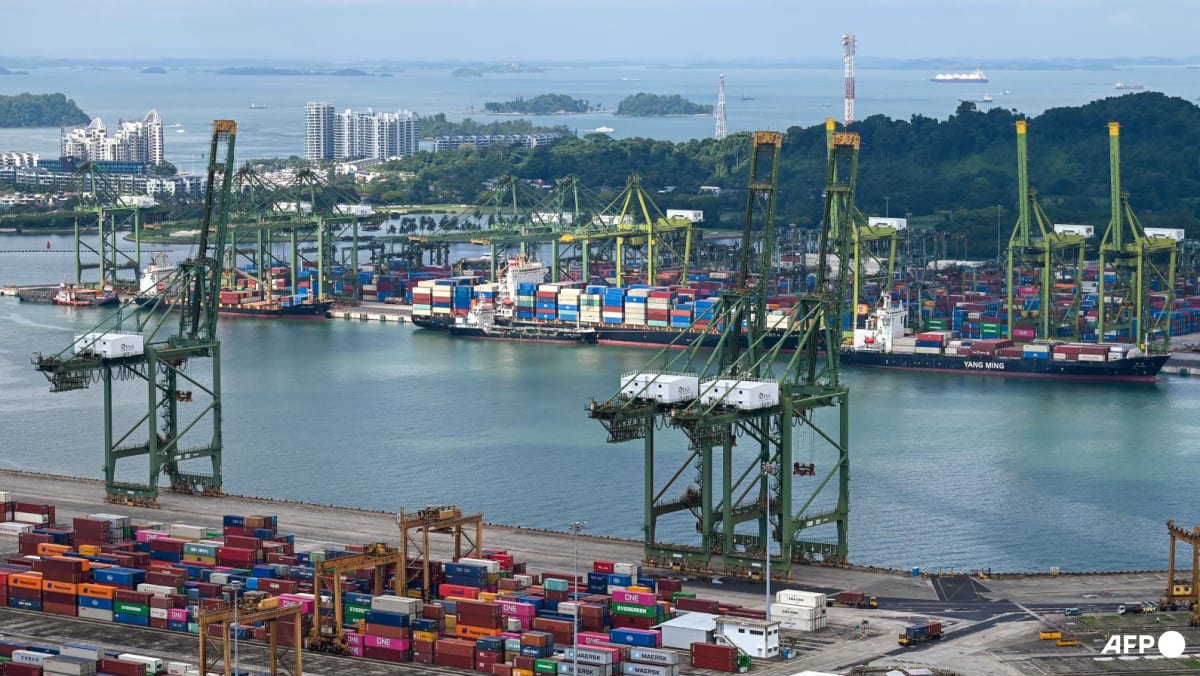The move comes after new guidelines on country-level trade in carbon credits were agreed at COP29 last year.
But carbon credits have come under fire in recent years over revelations of shoddy accounting and even outright fraud in projects.
Hanif said the government would guarantee every credit issued on the exchange, with scrutiny to ensure emissions could not be double counted.
Some experts expressed skepticism about the exchange however, noting the domestic market had attracted relatively little interest.
“If domestic demand was high, we wouldn’t need to open it to foreign entities,” Fabby Tumiwa, executive director of the Institute for Essential Services Reform, told AFP.
He said the domestic exchange had not been designed to align with Indonesia’s emissions reduction strategy and he had concerns about the “additionality” of projects on the market.
Carbon credit programmes must show that emission reductions or avoidance would not have happened without the credits, and are “additional”.
This often requires trying to prove a counterfactual – what would have happened in the absence of the carbon credits – and has been a key problem for the sector.
Fabby warned it was not immediately clear if the credits available on the exchange were compatible with standards set by other countries.
Still, at least nine transactions took place at the start of Monday trade, accounting for more than 41,000 tonnes of carbon dioxide equivalent, according to a board at the stock exchange.

